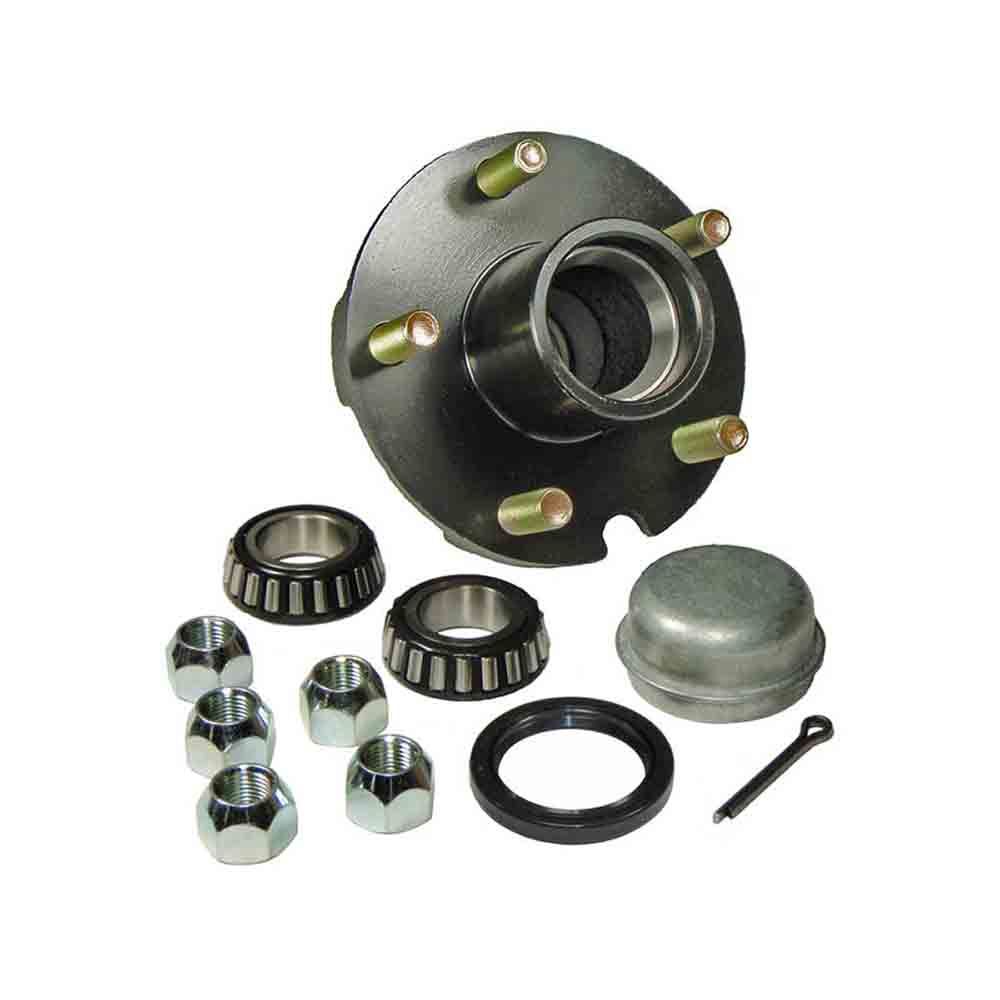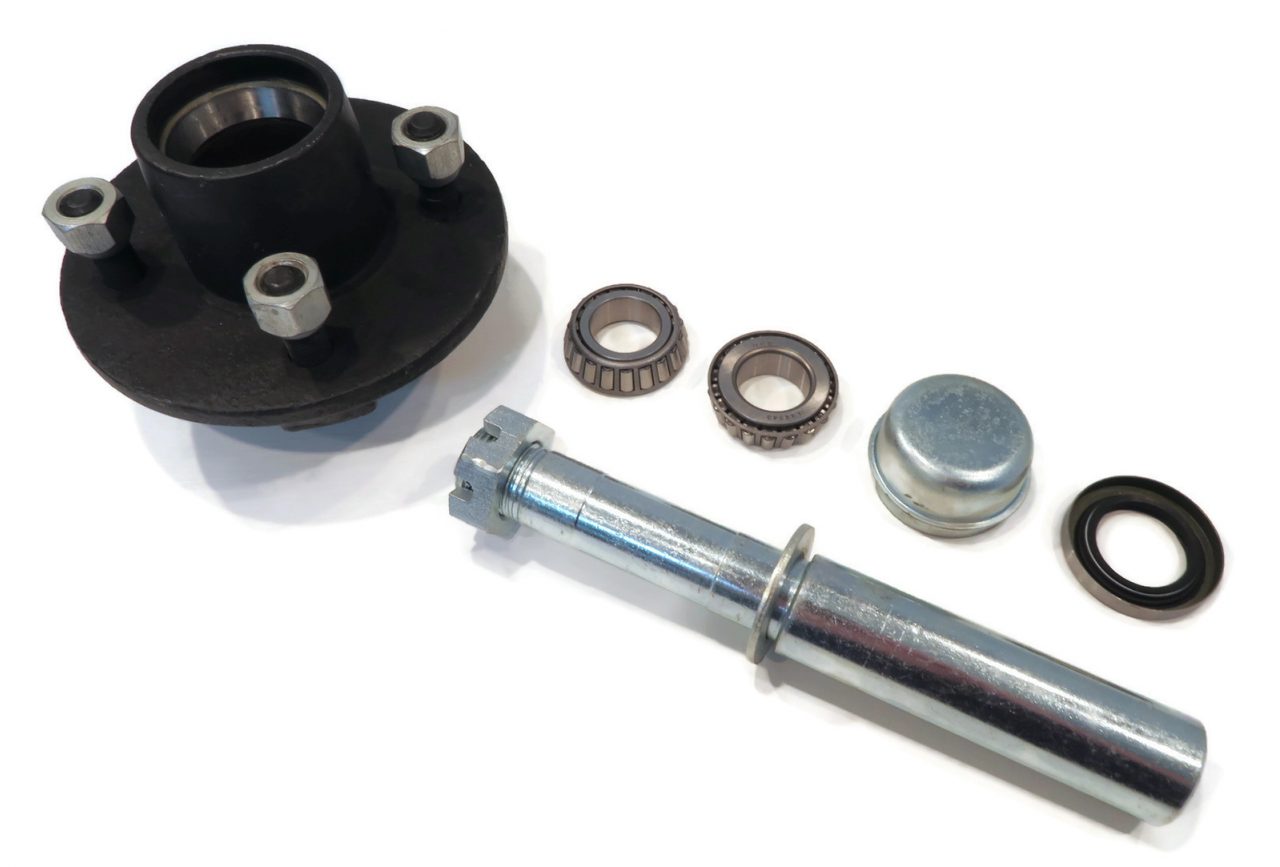Product Description
SPARE PARTS FOR VARIOUS EQUIPMENT MODELS :
Easytrade (HangZhou) Mechanical Co., Ltd. is located in HangZhou, China. It is a wholesaler of construction machinery parts and also an overseas distributor of XGMA.
The company provides spare parts suitable for after-sales maintenance of excavators, wheel loaders, bulldozers, generator sets, dump trucks and other construction machinery, including engine parts, electrical parts, hydraulic parts, repair kits and so on.The main brands it deals with are XGMA, SHANGCHAI, YUCHAI, and it can also provide LIUGONG, LONGKING, SINOTRUK, SDEC, DCEC, DOOSAN,and other brands.
Our company has a long and close relationship with major OEMs and can provide customized products for users and provide professional services for traders to purchase products from major domestic OEMs.
The company has sufficient stock and close cooperation with factories to ensure that customers’ needs are met in a timely manner. The company’s team has rich professional experience and can provide professional and considerate services to users.
Our Warehouse
Packaging and shipment
Technical Information
Q&A
Q1:What are your payment terms?
A1:T/T 30% as deposit and 70% before delivery. We will show you photos of the products and packaging before you pay the balance.
Q2:What is your delivery time?
A2:Generally speaking, it takes 7 days for air orders and 20 to 30 days for sea orders after we receive your prepayment. The exact delivery time depends on the items and quantity you order.
Q3:Do you have MOQ?
A3:For general parts, we don’t have MOQ, 1 piece can be sold, but for some parts, such as bearings, pistons, we may have MOQ, such as 6 pieces, 12 pieces, but if there is MOQ for special parts, we will inform.
Q4:How can I contact you?
A4:You can send your inquiry to us directly, or you can contact us by email, phone or WeChat. We will reply to you as soon as possible.
Q5:How do you keep our business in good relationship for a long time?
A5:1. We maintain good quality and competitive prices to ensure our customers benefit.
2. We respect every customer and treat them as our friends, we sincerely do business and make friends with them no matter what.
| Warranty: | 90 Days |
|---|---|
| Type: | Other |
| Application: | Wheel Loader |
| Condition: | New |
| Transport Package: | Carton, Wooden Case or Pallet |
| Trademark: | XGMA |

Can a damaged axle hub affect the overall performance and safety of a vehicle?
Yes, a damaged axle hub can significantly affect the overall performance and safety of a vehicle. Here’s a detailed explanation of how a damaged axle hub can impact a vehicle:
1. Wheel Stability:
A damaged axle hub can compromise the stability of the wheel assembly. If the hub is bent, cracked, or worn out, it may not provide a secure mounting point for the wheel. This can result in wheel wobbling or excessive play, leading to unstable handling and compromised vehicle control. A wobbling wheel can also cause vibrations, which can affect the comfort of the passengers and potentially lead to further damage to other components of the suspension system.
2. Wheel Bearing Performance:
The axle hub houses the wheel bearings, which are critical for smooth wheel rotation and weight support. A damaged axle hub can negatively impact the performance of the wheel bearings. For example, if the hub is misaligned or has damaged bearing races, it can cause excessive friction, uneven wear, and premature failure of the wheel bearings. This can lead to wheel noise, reduced fuel efficiency, and compromised safety as the wheel may seize or detach while driving.
3. Brake System Integration:
In many vehicles, the axle hub integrates with the brake rotor or drum. A damaged axle hub can affect the proper installation and function of the braking components. For example, if the hub has damaged mounting surfaces or incorrect dimensions, it may result in brake rotor runout or misalignment. This can cause uneven braking, pulsation in the brake pedal, and reduced braking performance, compromising the vehicle’s ability to stop safely and efficiently.
4. Wheel Alignment and Suspension:
The axle hub plays a role in maintaining proper wheel alignment and supporting the suspension system. A damaged axle hub can lead to misalignment, affecting the camber, toe, or caster angles of the wheel. Improper wheel alignment can result in uneven tire wear, compromised handling, and reduced stability, impacting overall vehicle performance and safety. Additionally, a damaged hub may not provide adequate support for the suspension components, leading to increased stress and potential failure of other suspension parts.
5. Risk of Wheel Separation:
If a damaged axle hub is not addressed promptly, there is a risk of wheel separation. A severely damaged hub can eventually fail, causing the wheel to detach from the vehicle while in motion. Wheel separation is extremely dangerous and can result in a loss of control, vehicle instability, and potential accidents with severe consequences for the occupants and other road users.
6. Overall Safety:
The overall safety of the vehicle can be compromised when the axle hub is damaged. The stability, braking performance, wheel alignment, and suspension function are critical for safe operation. A damaged axle hub can negatively impact these aspects, increasing the risk of accidents and reducing the ability to control the vehicle effectively.
In summary, a damaged axle hub can have a significant impact on the overall performance and safety of a vehicle. It can compromise wheel stability, impair wheel bearing performance, affect brake system integration, disrupt wheel alignment and suspension, and increase the risk of wheel separation. It is crucial to address any signs of axle hub damage promptly to ensure the safe and efficient operation of the vehicle.

Where can I find a comprehensive guide for DIY replacement of an axle hub?
If you are looking for a comprehensive guide to assist you with the DIY (Do-It-Yourself) replacement of an axle hub, there are several reliable sources you can refer to. Here’s a detailed explanation:
- Manufacturer’s Service Manual: The first and most authoritative source of information for any vehicle repair or maintenance task is the manufacturer’s service manual. The service manual provides detailed instructions, diagrams, and specifications specific to your vehicle’s make, model, and year. It covers all aspects of the vehicle, including axle hub replacement procedures. You can usually obtain the manufacturer’s service manual from the vehicle manufacturer’s official website or through authorized dealerships.
- Online Repair Guides: Many reputable automotive websites and forums offer comprehensive online repair guides. These guides often include step-by-step instructions, accompanied by photographs or illustrations, to help you through the process of replacing an axle hub. Some websites compile user-contributed guides, while others are created by automotive professionals. Popular sources for online repair guides include AutoZone, RepairPal, and iFixit.
- Video Tutorials: Video tutorials can be invaluable resources for visual learners. Websites like YouTube host a wide range of DIY automotive repair videos that cover various tasks, including axle hub replacement. Watching a video tutorial can provide a clear demonstration of the required steps, tools, and techniques involved in the process. You can search for specific video tutorials by using keywords such as “DIY axle hub replacement” along with your vehicle’s make and model.
- Automotive Forums: Online automotive forums are communities where enthusiasts and professionals share knowledge and experiences. Forums like Reddit’s r/MechanicAdvice, Automotive Forums, or specific forums dedicated to your vehicle’s make or model can be excellent sources of information. You can search or post questions specific to axle hub replacement, and experienced members may provide detailed guidance, tips, or even links to comprehensive guides they have found useful.
- Library Resources: Public libraries often have a selection of automotive repair manuals and guides available for borrowing. These printed resources can provide comprehensive instructions and illustrations for various repair tasks, including axle hub replacement. Look for repair manuals specific to your vehicle’s make, model, and year in the automotive section of your local library.
When using any guide or resource for DIY repairs, it’s important to exercise caution and ensure your own safety. Follow all recommended safety procedures, use the appropriate tools, and take necessary precautions. If you are unsure or uncomfortable with any aspect of the repair process, it is advisable to seek assistance from a qualified mechanic or professional technician.
In summary, a comprehensive guide for DIY replacement of an axle hub can be found in various sources such as the manufacturer’s service manual, online repair guides, video tutorials, automotive forums, and library resources. These resources provide step-by-step instructions and guidance to help you successfully replace an axle hub. Remember to prioritize safety and seek professional help if needed.

Where can I access reliable resources for understanding the relationship between axles and hubs?
When seeking reliable resources to understand the relationship between axles and hubs, there are several avenues you can explore. Here’s a detailed explanation:
1. Manufacturer’s Documentation: The first place to look for information is the official documentation provided by the vehicle manufacturer. Consult the owner’s manual or technical service manuals for your specific vehicle model. These resources often contain detailed explanations, diagrams, and specifications regarding axles and hubs, including their relationship and functionality.
2. Automotive Repair and Service Manuals: Automotive repair and service manuals, such as those published by Haynes or Chilton, can be valuable sources of information. These manuals provide comprehensive guidance on various vehicle systems, including axles and hubs. They often include step-by-step instructions, diagrams, and troubleshooting tips to help you understand the relationship between axles and hubs.
3. Online Forums and Communities: Online forums and communities dedicated to automotive enthusiasts or specific vehicle makes and models can be excellent resources. These platforms provide opportunities to interact with experienced individuals who may have in-depth knowledge about axles and hubs. Participating in discussions, asking questions, and sharing experiences can help you gain insights and a better understanding of the relationship between axles and hubs.
4. Professional Mechanics and Technicians: Consulting with professional mechanics or technicians who specialize in your specific vehicle make or have expertise in axles and hubs can provide valuable information. They can explain the relationship between axles and hubs, answer your questions, and provide practical insights based on their experience. Local service centers or authorized dealerships are good places to seek professional advice.
5. Educational Institutions: Technical schools, vocational programs, and community colleges often offer courses or resources related to automotive technology. Consider exploring their curriculum or reaching out to instructors who can provide educational materials or guidance on understanding axles and hubs.
6. Online Research and Publications: Conducting online research can lead you to various publications, articles, and websites that provide information on axles and hubs. However, it’s crucial to critically evaluate the credibility and reliability of the sources. Look for reputable websites, publications from trusted automotive organizations, or articles written by experts in the field.
Remember to cross-reference information from multiple sources to ensure accuracy and reliability. It’s also important to stay up to date with the latest advancements and industry standards in the automotive field, as knowledge and technology can evolve over time.
In summary, to access reliable resources for understanding the relationship between axles and hubs, consider consulting manufacturer’s documentation, automotive repair manuals, online forums, professional mechanics, educational institutions, and conducting online research. By exploring these avenues, you can gain comprehensive knowledge and a better understanding of the relationship between axles and hubs.


editor by CX 2023-11-13